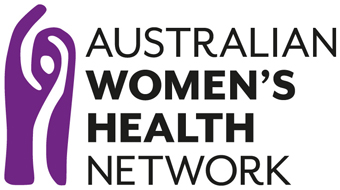Hidden Hearts: Cardiovascular Risk and Disease in Australian Women
Publisher: Mary MacKillop Institute for Health Research, Australian Catholic University, Melbourne, Australia, Oct 2016
Status – CURRENT
This report highlights a number of compelling issues surrounding cardiovascular disease, one of the most critical health issues for Australian women. The report provides a number of recommendations for consideration.

